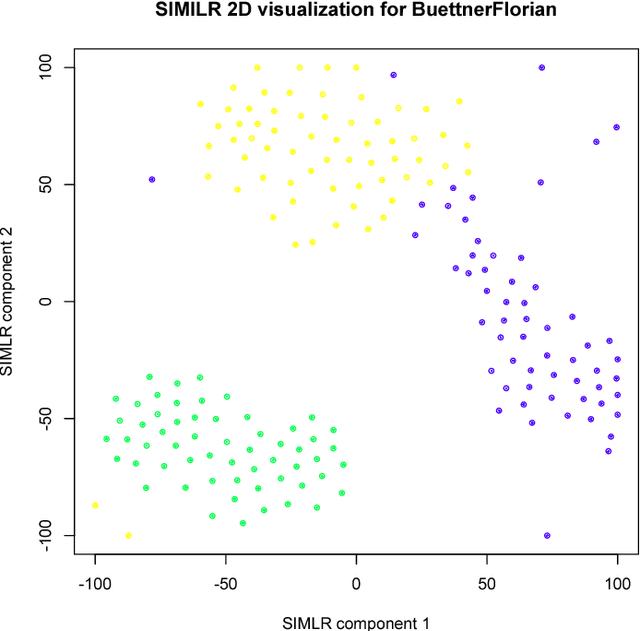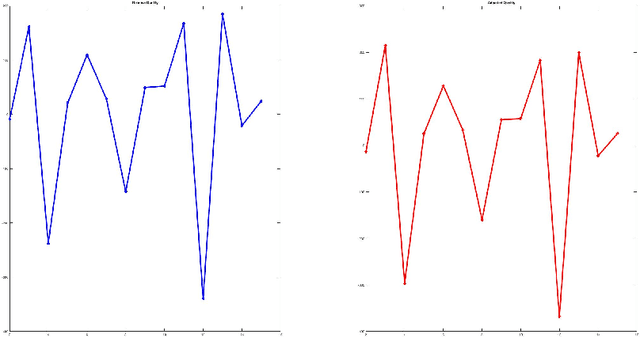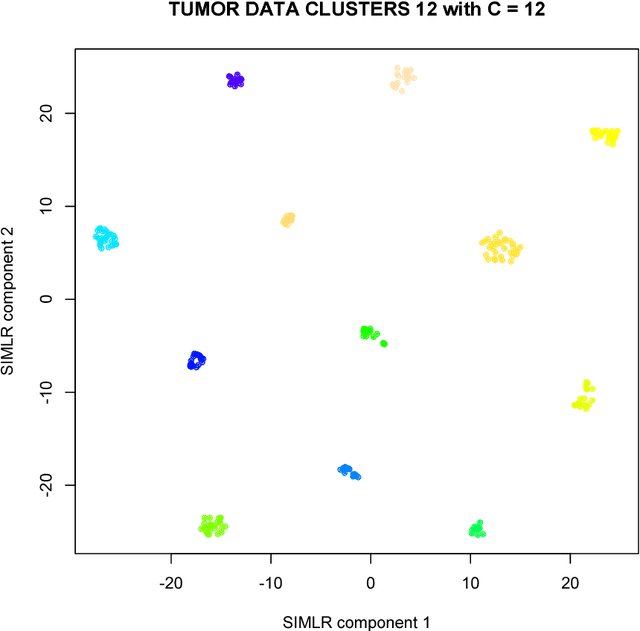Serafim Batzoglou
Goedel's Incompleteness Theorem
Dec 07, 2021
Abstract:I present the proof of Goedel's First Incompleteness theorem in an intuitive manner, while covering all technically challenging steps. I present generalizations of Goedel's fixed point lemma to two-sentence and multi-sentence versions, which allow proof of incompleteness through circular versions of the liar's paradox. I discuss the relation of Goedel's First and Second Incompletneness theorems to Goedel's Completeness theorems, and conclude with remarks on implications of these results for mathematics, computation, theory of mind and AI.
Network Enhancement: a general method to denoise weighted biological networks
Jun 01, 2018



Abstract:Networks are ubiquitous in biology where they encode connectivity patterns at all scales of organization, from molecular to the biome. However, biological networks are noisy due to the limitations of measurement technology and inherent natural variation, which can hamper discovery of network patterns and dynamics. We propose Network Enhancement (NE), a method for improving the signal-to-noise ratio of undirected, weighted networks. NE uses a doubly stochastic matrix operator that induces sparsity and provides a closed-form solution that increases spectral eigengap of the input network. As a result, NE removes weak edges, enhances real connections, and leads to better downstream performance. Experiments show that NE improves gene function prediction by denoising tissue-specific interaction networks, alleviates interpretation of noisy Hi-C contact maps from the human genome, and boosts fine-grained identification accuracy of species. Our results indicate that NE is widely applicable for denoising biological networks.
SIMLR: A Tool for Large-Scale Genomic Analyses by Multi-Kernel Learning
Jan 18, 2018



Abstract:We here present SIMLR (Single-cell Interpretation via Multi-kernel LeaRning), an open-source tool that implements a novel framework to learn a sample-to-sample similarity measure from expression data observed for heterogenous samples. SIMLR can be effectively used to perform tasks such as dimension reduction, clustering, and visualization of heterogeneous populations of samples. SIMLR was benchmarked against state-of-the-art methods for these three tasks on several public datasets, showing it to be scalable and capable of greatly improving clustering performance, as well as providing valuable insights by making the data more interpretable via better a visualization. Availability and Implementation SIMLR is available on GitHub in both R and MATLAB implementations. Furthermore, it is also available as an R package on http://bioconductor.org.
 Add to Chrome
Add to Chrome Add to Firefox
Add to Firefox Add to Edge
Add to Edge